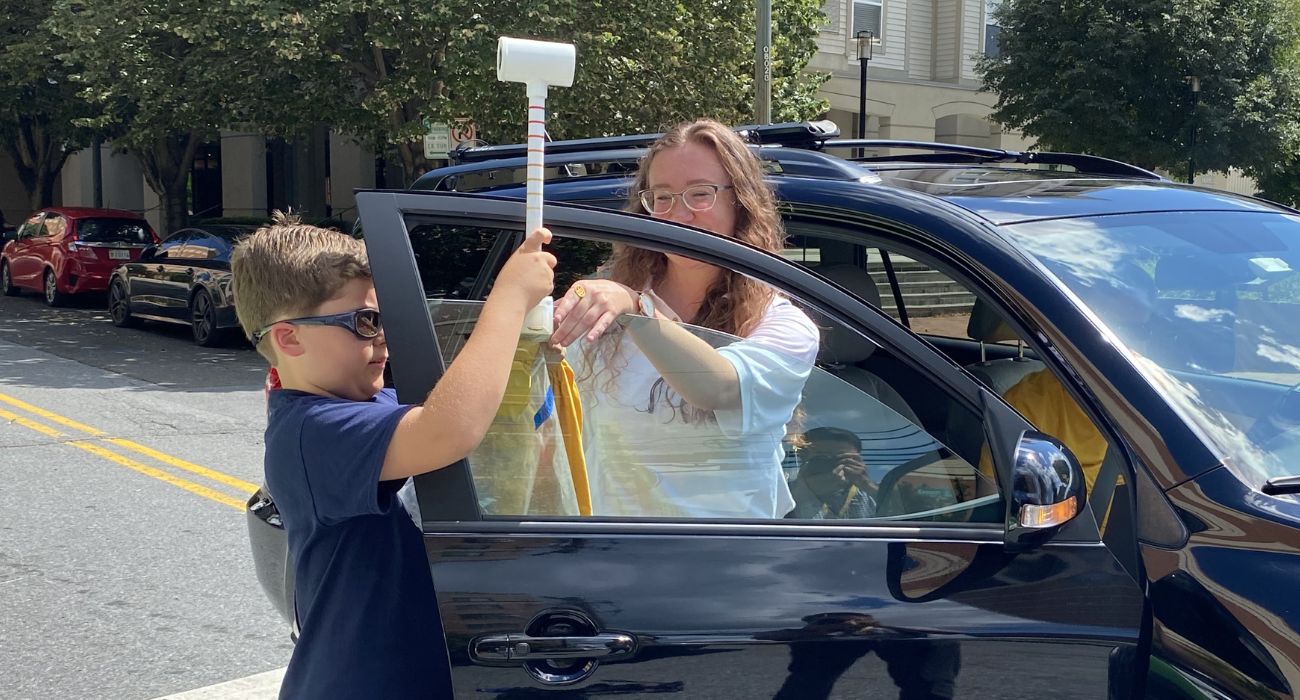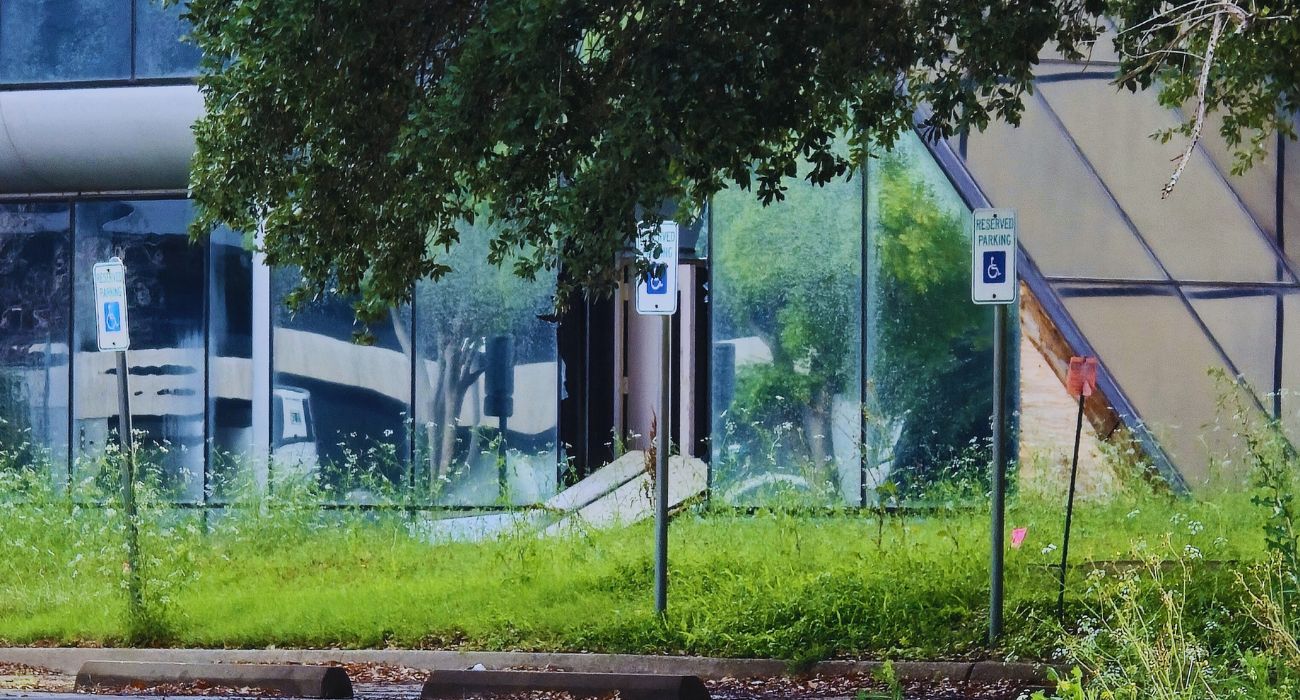Dallas is looking for 100 volunteers to help map hotspots throughout the city as part of a federal heat-tracking campaign led by the National Oceanic and Atmospheric Administration.
To log Dallas’ ground-level heat, volunteers are needed to drive through designated routes in the city on Saturday, August 5, while their cars are outfitted with a heat sensor.
Shifts in the morning, afternoon, and evening must be covered, with volunteers able to select up to three. A mandatory training session will also take place on July 20 ahead of the event.
As previously reported in The Dallas Express, a total of 18 cities — Dallas being the only one in Texas — will be participating in the initiative to collect data that could help mitigate the effects of rising heat levels in urban centers and improve the quality of life for residents.
The project’s goal is to identify “urban heat islands,” which are hotspots that might be 15 to 20 degrees hotter than surrounding areas at certain times of the day due to differences in vegetation and shade.
This is reportedly the first time that the City of Dallas is participating in the National Oceanic and Atmospheric Administration campaign, which highlights the impact extreme heat can have on health.
In Dallas, the extreme temperatures with heat indices over 100 degrees have led to a string of heat-related illnesses and even deaths.
“Extreme heat kills more people in the U.S. than any other weather event. Part of the goal is to realize a more resilient and sustainable city,” said Carlos Evans, director of the City’s Office of Environmental Quality & Sustainability (OEQS), NBC 5 DFW reported.
Anyone looking to volunteer in the urban heat island mapping campaign can sign up here.
“I think it’s a good and valuable study. It’s a really good opportunity for people who want to participate and do something about climate change,” said Kevin Overton, a senior environmental coordinator with OEQS, according to NBC 5.
There are also other ways to help cut down on hotspots in Dallas by volunteering in tree planting initiatives.
Local nonprofit Texas Trees Foundation (TTF) organizes different tree planting projects, the latest of which involves adding dozens of trees to the campus of Foster Elementary School in North Dallas.
“It’s to help cool the campus so kids can play outside, and be able to have recess, a more shaded environment, but it also helps with air quality on school campuses,” explained Rachel McGregor, TTF’s urban forestry manager, NBC 5 reported.






